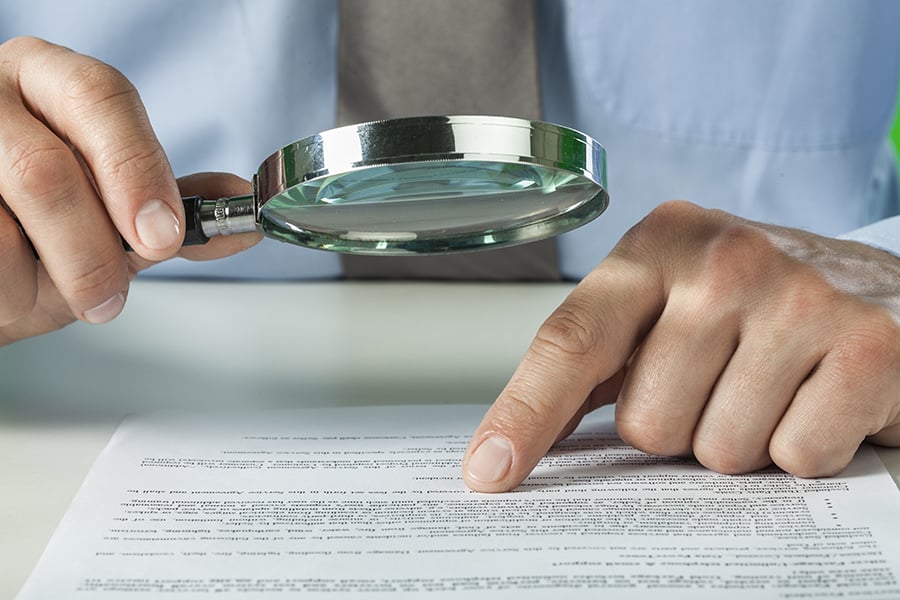
Once you've signed a commercial real estate lease, it's tempting to simply file it away and focus on the other needs of your business; however, doing so could be costly to your business. Periodically auditing all of your commercial leases can help you spot errors and potentially lower your occupancy costs. Here are some tips to help you make the most of the audit process:
1. Thoroughly Review CAM expenses
Typically, common area maintenance or CAM fees include a wide range of expenses, including maintenance, landscaping, repairs, insurance, taxes and management services. With so many transactions, it's easy for an arithmetic error to occur or for an improper charge to end up in the mix. During your audit, review the calculation method for CAM and the various expenses that you have been responsible for. Check the line items against the terms of the lease, looking for any expenses that are not defined in the lease. Be on the lookout for items like after-hours charges for repairs for another tenant's office, management and administration fees that are higher than what's stipulated in the lease and how capital expenditures were calculated and amortized.
2. Double Check the Square Footage
The size of your office typically determines the bulk of your rent, making it important that it was measured accurately. Take the time to do the math yourself and determine what the actual square footage of your office is. In some instances, landlords may add elevator shafts, thick exterior walls, stairways and other items to usable square footage, resulting in inflated rents.
3. Don't Confine Your Audit Only to Your Leases
As you review your commercial leases, do some homework to learn more about the commercial real estate market in the surrounding geographic areas. How do current average rental rates compare to what you're paying? If you have a long-term lease, you may find that the market has shifted dramatically. In areas where average rental and occupancy rates have dropped, it may be time to renegotiate your lease. Should you find that rates have soared, it's a good indication that you should consider extending your lease at the end of the term.
4. Conduct a Utilization Audit
Take the time to visit all of the offices that you are conducting lease audits for. Walk through the offices and take note of unoccupied areas. Talk to onsite management to learn how often communal spaces like conference rooms are used. You may find that between all of the leases in your portfolio, you're paying for a lot of empty space. In this case, you may want to consider consolidating your team and then subleasing or assigning.
5. Handle Issues Tactfully
If you discover that the landlord has made an error, take a professional approach to resolving the problem. Even if you suspect the error was intentional deception, avoid making accusations, as that can complicate the resolution process. Ultimately, the goal should be to have the problem resolved, not to point fingers. In cases of gross fraud, consult an attorney for advice on how to proceed.
Here are some other articles we know you'll enjoy:
Tips for your Commercial Lease Audit
8 Tips When Doing an Office Build Out
Tips to Optimize Your Commercial Real Estate Portfolio
Subscribe to our blog for more CRE tips!!








